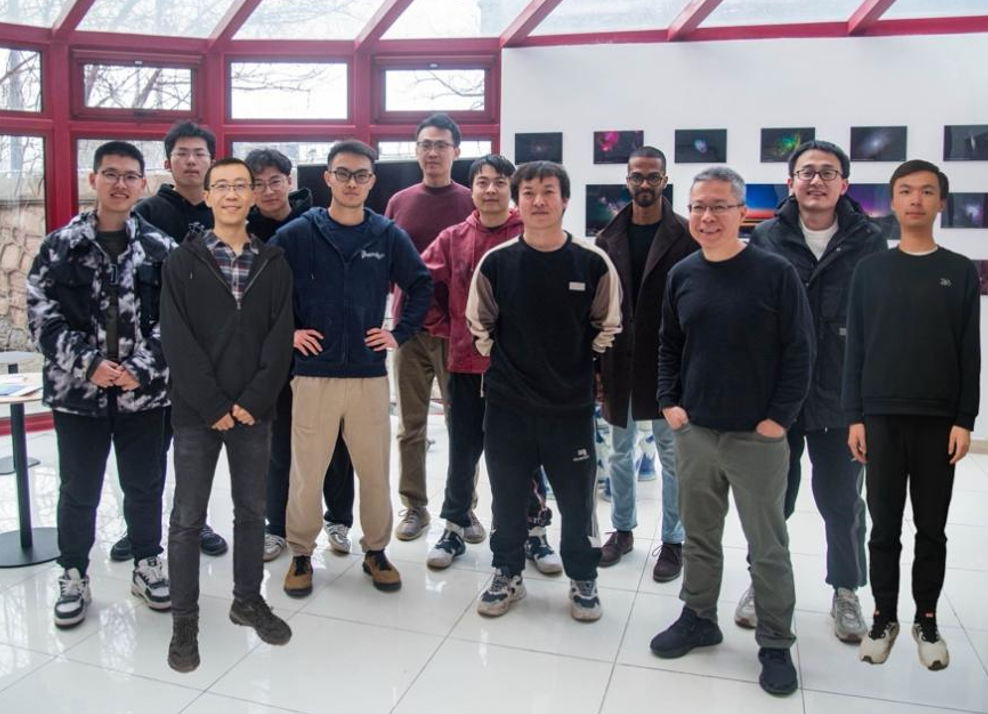Kavli Institute for Astronomy and Astrophysics Establishes New Max Planck Partner Group
Apr 09, 2025
Peking University, April 9, 2025: Recently, the Max Planck Society approved the establishment of a new Max Planck Partner Group at the Kavli Institute for Astronomy and Astrophysics (KIAA) at Peking University. The new group, led by assistant professor Shangguan Jinyi, will collaborate closely with Reinhard Genzel and Frank Eisenhauer, co-directors of the Max Planck Institute for Extraterrestrial Physics (MPE), with a view to studying the growth of supermassive black holes.
The Max Planck Society is one of Germany's leading research organizations, conducting foundational research and supporting the development of young researchers across multiple disciplines. The newly established group will rely on the GRAVITY+ instrument at the Very Large Telescope Interferometer (VLTI) of the European Southern Observatory to conduct near-infrared interferometric observations. The group’s research goals include: accurately measuring the mass of supermassive black holes, exploring black hole-galaxy co-evolution, searching for binary black hole systems in active galactic nuclei, and developing new observational and data analysis techniques.
From 2018 to 2024, Shangguan conducted postdoctoral research at the MPE, leading several observational projects on active galactic nuclei and accumulating extensive experience in interferometric observations and data analysis. In October 2024, he officially joined the Kavli Institute for Astronomy and Astrophysics at Peking University, aiming to advance China’s observational research in black hole astrophysics.
Luis C. Ho, director of KIAA, commented, “The establishment of this new Partner Group is another milestone in the long-term collaboration between KIAA and the Max Planck Society. We look forward to the group injecting new vitality into frontier astrophysical research and cultivating more young astronomical talents.” Over the next five years, the group plans to deepen Sino-German scientific cooperation through regular academic exchanges, joint student training, and summer schools, promoting the widespread application of near-infrared interferometry in astronomy.
Shangguan Jinyi and Luis C. Ho’s research team
Written by: Wu Hiuman
Edited by: Phoon Hui Yin, Andrena, Chen Shizhuo
Source: PKU News (Chinese)
